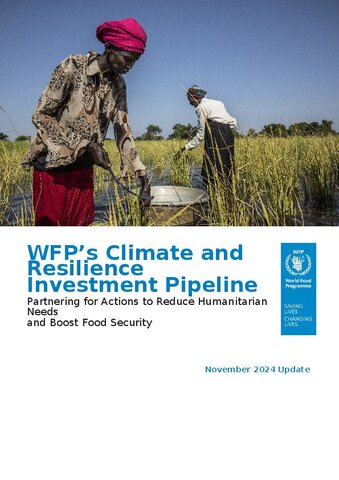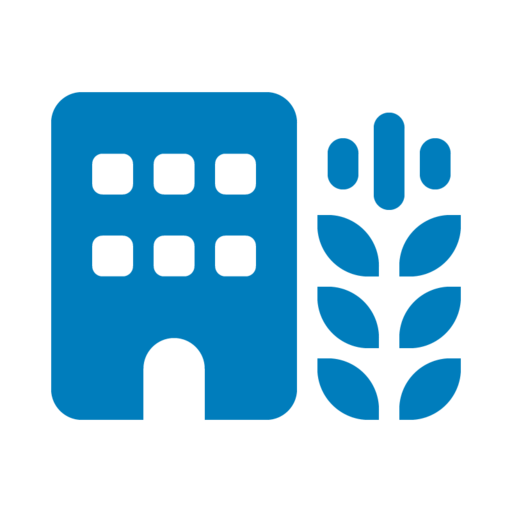

WFP’s climate and resilience investment pipeline

Launched with the COP28 Declaration on Climate, Relief, Recovery, and Peace, the Pipeline promotes integrated and innovative programming, financing, and partnerships for greater efficiency and results. Resourcing and implementing it shows WFP’s commitment to the COP28 Declaration and meet COP29 Azerbaijan’s climate, peace, and security goals. It aims to help people in fragile and conflict-affected settings achieve Nationally Determined Contributions (NDCs) and National Adaptation Plans (NAPs), while reducing hunger, improving gender equality, safeguarding development investments, mitigating conflict, and sustaining peace.
Covering regions from the Horn of Africa to the Sahel, Haiti to Afghanistan, and Yemen to Myanmar, WFP’s Climate Resilient Investment Pipeline offers context-specific solutions across diverse countries. The scope of the Pipeline is expanding over time with the inclusion of several programme design and financing arrangement solutions in the latest edition.
Examples of key interventions
- Access to early warning systems, anticipatory action, climate risk insurance, shock-responsive social protection
- Soil restoration, rainwater harvesting, integrated water resources management, smallholder farmers training, livelihood diversification, sustainable energy solutions
- Regenerative agricultural practices, post-harvest loss management, connecting smallholder farmers to markets
Partnering with WFP for results
No country or institution can tackle the climate and hunger crisis on its own. Partnership is at the heart of WFP’s Climate Resilience Investment Pipeline to unlock solutions and resourcing for a future where climate risks are adequately managed and fragile landscapes are returned to their productive potential so sustainable food security can be achieved. We invite government donors, International Financial Institutions (IFIs), multilateral climate funds, foundations, philanthropies and corporations to join forces and contribute to sponsor these international finance-eligible and resilience building projects to stem the rising tide of climate-induced hunger.
For further information about the investment pipeline, contact us at: wfp.climateinvestment.pipeline@wfp.org












